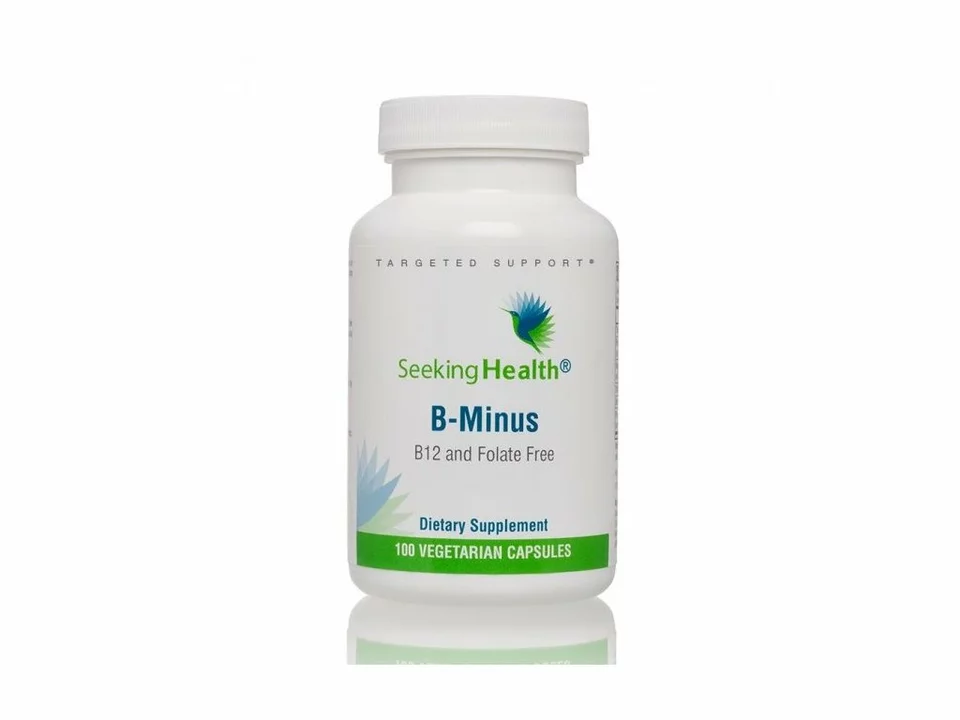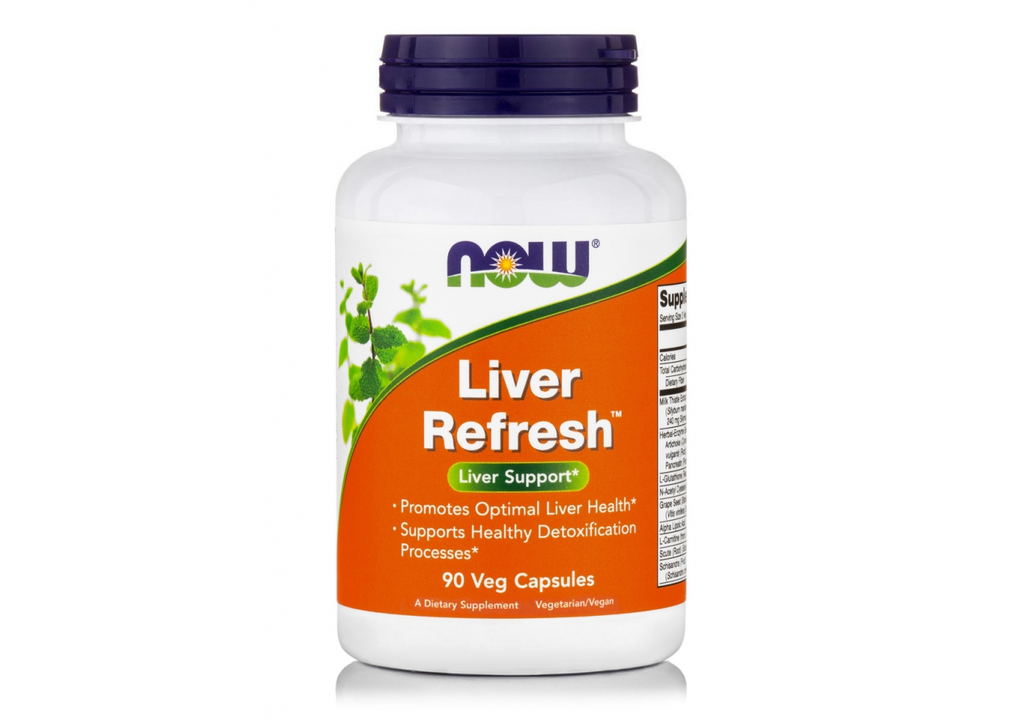Optimal Health: Simple Steps You Can Use Today
Want better health without long, confusing plans? Start with small wins you can repeat. Pick one habit and do it for two weeks—consistency beats intensity. For most people that means fixing sleep, moving more, and eating clearer.
Daily Habits That Actually Work
Sleep first: aim for a consistent bedtime and wake time. Even an extra 30 minutes of sleep improves mood and focus. Cut screens an hour before bed and keep your room cool and dark. Movement next: 20 to 30 minutes of brisk walking, cycling, or bodyweight exercises five days a week makes a real difference. You don’t need a gym or fancy gear. Food matters: choose whole foods most of the time. Fill half your plate with vegetables, add lean protein, and swap refined carbs for whole grains. Drink water through the day and reduce sugary drinks. These three habits lower fatigue, reduce cravings, and support long-term weight control.
Practical Checks and Smart Choices
Track rather than guess: use a simple app or a notebook to record sleep, steps, and meals for one week. Look for patterns—energy dips, late meals, or skipped workouts. Set one clear goal for the next week, like adding 10 minutes to your walk or swapping soda for water. If you take medications or supplements, keep a single list and carry it to appointments. Talk to your clinician about interactions and timing; small timing changes can reduce side effects. When buying medicines online, choose pharmacies with clear contact info, pharmacy licensing, and privacy policies. Avoid sites that pressure you to buy without a prescription.
Stress handling is often overlooked. Try brief practices you can do anywhere: 3 deep breaths, a two-minute stretch, or a quick walk outside. These interrupt stress spikes and help you think clearer. Build social support—friends or family who encourage good habits make them stick longer. If a habit backslides, pick one small step to restart rather than quitting entirely.
Screen time and posture affect health too. Start the hour with focused work and take a five-minute break every 50 minutes. Use an adjustable chair or add a lumbar pillow. Small posture fixes reduce tension headaches and neck pain over time.
Finally, set routine health checks: blood pressure, cholesterol, and a basic blood panel based on age and risk. Prevention catches issues early and saves time and worry later. Keep health records in one place—digital or paper—so you can share them quickly with any provider.
Optimal health is a set of predictable, repeatable choices. Make one change this week, track it, and build from there. Small, steady actions compound into noticeable results within weeks.
If you have a chronic condition, create a one-page plan with symptoms to watch, emergency contacts, and medication names. Share that plan with a trusted person. Revisit it every three months or after any treatment change. Small planning reduces anxiety and keeps everyone on the same page when care decisions matter most. Start today; one small step matters. Always.

Why Thiamine is the Must-Have Dietary Supplement for Optimal Health
- 15 Comments
- May, 13 2023
As a health enthusiast, I've recently discovered the importance of thiamine for optimal health. Also known as vitamin B1, thiamine plays a crucial role in energy production and supports brain function. After researching, I found out that deficiencies in thiamine can lead to fatigue, memory problems, and even heart issues. To maintain a healthy lifestyle, I've started taking thiamine supplements, and I genuinely feel the positive impact on my overall well-being. If you're looking to boost your health, I highly recommend adding thiamine to your daily supplement routine.

Why Fever Bark is Your New Must-Have Dietary Supplement for Optimal Health
- 12 Comments
- May, 10 2023
I've recently discovered an amazing dietary supplement called fever bark, and it's quickly become a must-have for my health routine. This natural remedy, derived from the bark of the cinchona tree, is packed with numerous health benefits. It has been known to boost our immune system, reduce inflammation, and even help with digestion. Plus, it's an excellent source of quinine, which has been used for centuries to treat malaria. I can't recommend fever bark enough for anyone looking to optimize their health in a natural and effective way.




